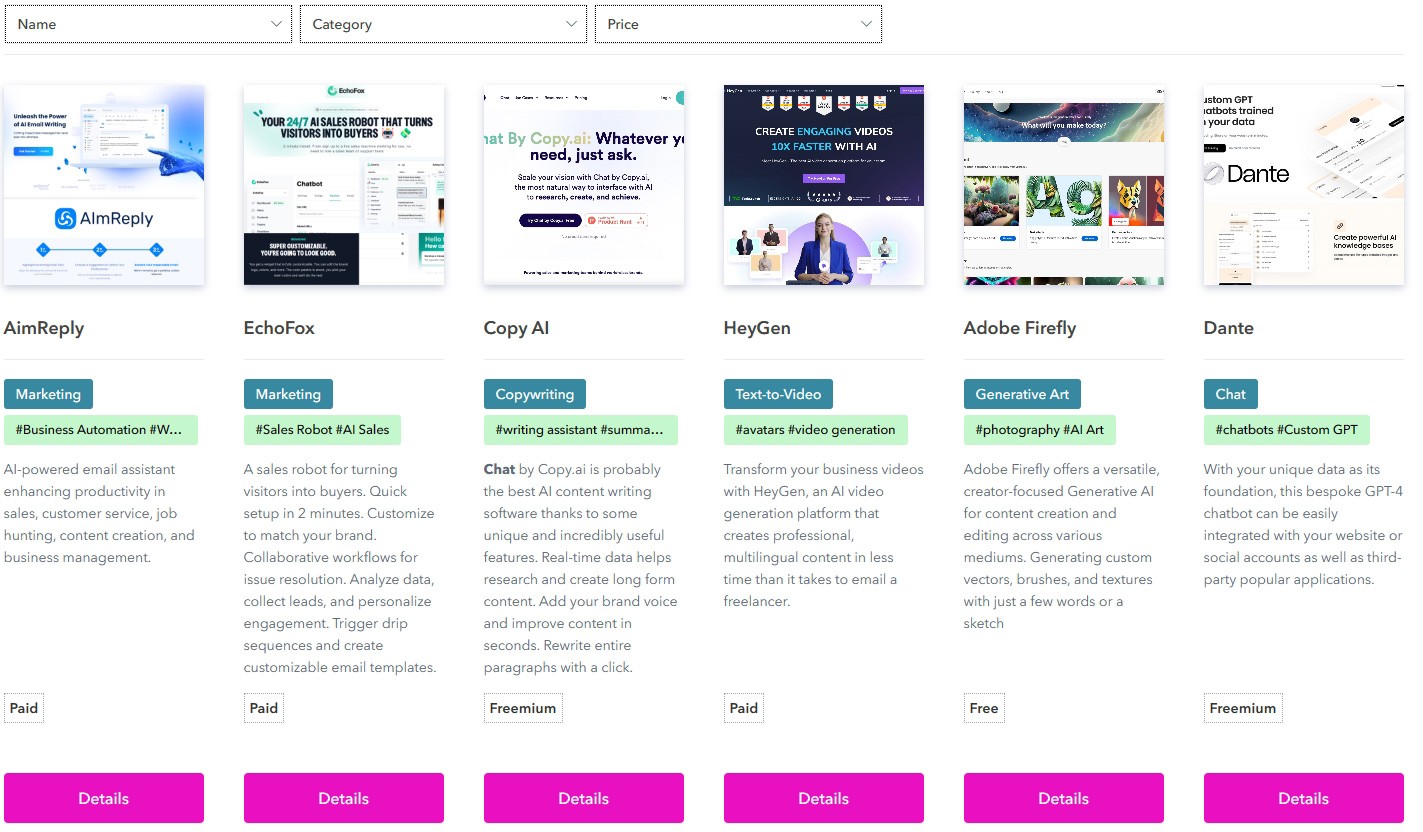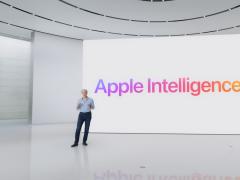Apple is making significant strides in the field of generative AI (genAI) with the introduction of a powerful new tool named Keyframer. This tool empowers users to animate static images effortlessly by utilizing text prompts.
Outlined in a recently published Apple research paper, Keyframer showcases impressive capabilities. Users can transform static 2D images into animated illustrations by simply inputting an SVG image, providing text prompts, and allowing Keyframer to generate CSS animation code for the original image. Subsequently, users can fine-tune the animation to their liking.
This latest innovation adds to Apple's growing portfolio of AI-related releases, indicating the company's commitment to advancing in this field. Apple's covert efforts in AI have led to the unveiling of numerous breakthroughs, signaling a significant investment in this area. As the pace of developments accelerates, it's evident that Apple is dedicated to staying ahead in the AI arms race.
Earlier this year, Apple introduced MLLM-Guided Image Editing (MGIE), an AI tool enabling pixel-level image editing through text commands. The integration of Apple technologies suggests potential compatibility with Siri for executing edit commands, promising remarkable results akin to those seen on the James Fridman Twitter feed.
Apple's purported acquisition of the iWork.ai domain has sparked speculation about its integration of genAI into its devices.
Furthermore, Apple's machine learning teams have published 16 research papers/discussions since the start of the year, focusing on LLM development, healthcare, speech recognition, and more.
In late 2023, Apple unveiled three significant technologies: efficient on-device execution of Large Language Models (LLM)-based AI, the ML Explore machine learning framework for Apple Silicon, and Ferret, an optimization tool for machine learning. Additionally, the teams developed a model capable of rapidly generating avatars from video footage.
Apple is also heavily investing in AI startups, with reports suggesting interest in brighter AI, a German firm specializing in image privacy.
With 32 acquisitions in the past year, Apple appears to be leading the pack in AI firm acquisitions, positioning itself strategically in domains like machine image intelligence and AI.
Apple's emphasis on privacy as a fundamental right suggests a commitment to developing tools that prioritize on-device processing. This aligns with the company's previous research into edge AI processing.
CEO Tim Cook has promised to share more details about Apple's AI efforts later in the year, likely at WWDC 2024 in June, coinciding with the release of new operating systems.
The stakes are high, with Counterpoint projecting nearly 1 billion GenAI-equipped smartphones shipping by 2027. To maintain its dominance in the smartphone market, Apple must continue to innovate in the genAI space. The integration of genAI capabilities into iPhones could potentially surpass industry expectations, indicating a significant shift in smartphone technology. The upcoming months will reveal whether Siri will be part of this transformative journey.







